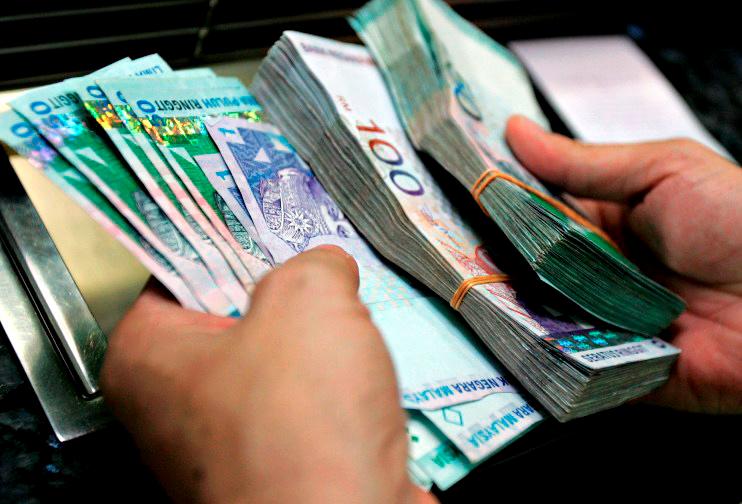PETALING JAYA: Malaysia must reduce its spending to control inflation, which will take several years to achieve. In the meantime, it is critical to stimulate private sector activity, said Universiti Utara Malaysia economics professor Dr K. Kuperan Viswanathan.
He warned against additional borrowings to further stimulate the economy as the money will have to be repaid, forcing the government to make cuts in the long term to finance it.
Kuperan was commenting on the Chief Economists Outlook Report released by the World Economic Forum (WEF) recently, which revealed that growth and inflation dynamics will vary widely across regions.
WEF said the most buoyant activity is expected in Asia, with China’s reopening expected to drive a significant rebound for the country and bolster activity across the continent.
WEF managing director Saadia Zahidi said: “Labour markets are proving resilient for now, but growth remains sluggish, global tensions are deepening and the cost of living remains acute in many countries.”
However, Kuperan said hoping for China to be the magic wand to bolster economic activity is not going to happen soon, as it too is facing a host of problems.
“China has loaned money to many countries that are unable to repay. While China’s economic growth is in the region of 4% to 5% and its economy is slowly picking up, it will take time before Malaysia benefits from it.
“Our country will also benefit from the growing economic activity in India, which is also at about 4% to 5%,” he said, pointing out that China was not the only country of benefit to Malaysia.
He said trading with regional economic growth countries, including Indonesia and Vietnam, would bode well for Malaysia.
Kuperan added that inflation and the high cost of living in Malaysia were caused by the previous government providing money and stimulus packages although there was very low economic activity during the Covid-19 pandemic.
“The government spent more money than the tax it collected, leading to a budget deficit. Prices of consumer goods rose as there was low supply but high demand.
“Economic activity was poor, but there was a lot of money going around and this led to inflation. Governments worldwide had little choice but to spend. Failure to do so would have caused their economies to tank.
“Also, high oil prices played a part, and the unexpected Russian-Ukraine war made matters worse.”
Universiti Tun Abdul Razak economist Dr Barjoyai Bardai said the high US interest rate and the strong dollar are having an impact on economies around the world.
He said the US has been printing money and beating the “war drums” as it warns of an impending recession in the hope that nations would continue to support the US dollar and not abandon it.
“The US economy is suffering, there have been multiple bank failures and the level of productivity in the US remains low. Malaysia should not get caught up in the US rhetoric. Malaysia will have some economic problems as the world’s two biggest economies – the US and China – are hit by high inflation.
“It will have an impact on the world economy. However, we do not have to worry too much as Malaysia’s trade is about 10% of imports and 7% of exports.
“The bulk of Malaysian trade is with other Asian countries. Being an open economy, there will be some impact from the recession being suffered by other countries too.”
Barjoyai said the saving grace is the country’s abundance of natural resources and resilient manufacturing sector, which will help Malaysia get through the global recession.
While agreeing with Kuperan not to be entirely reliant on China’s economic revival to boost Malaysia’s fortunes, he said the plus point is the fact that China’s economy has opened up and is slowly recovering. This will help Malaysian exports.
He added that China has been Malaysia’s largest trading partner since 2009. The value of trade between the two countries in 2022 was about 17.1% of Malaysia’s total global trade of RM2.8 trillion.
The total trade between the two countries last year was RM487.13 billion, which is an increase of 15.6% compared with 2021.
“China is a better economic partner to Malaysia, unlike the US and Europe that try to impose all types of conditions in return for raising bilateral trade.”














